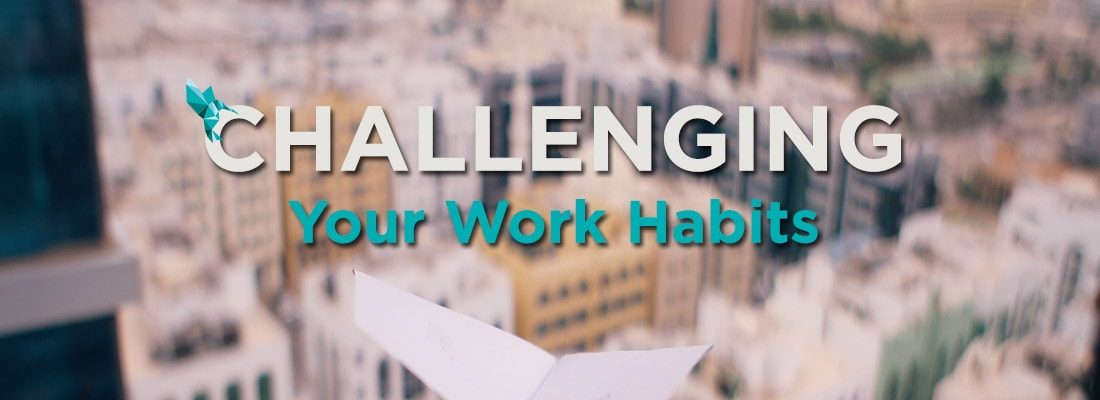
Challenging Your Work Habits
This blog is part of our Total Life Optimisation series that explores productivity, nutrition, futurism and all other topics around effective living.
What if I told you that you are living most of your life on autopilot? Would that scare you, amaze you, surprise you? Or would you recognise what I’m talking about? Most of our lives we are working on autopilot. Most of our lives we aren’t actively thinking, we’re just doing what we’ve been doing the same moment, only a day earlier. This is the power of habits. And habits are also what makes us tick at work.
Today I will take you on a journey into the mechanics of habits, the cue-habit-reward-craving feedback loop, and explains how habits affect groups and societies in general. Let’s start with habits, what are they?
What are Habits?
Habits are formed by four simple mechanisms. It all starts with a cue, for instance getting out of bed. What follows is a habit; eating your breakfast or brushing your teeth. And the habit ends with a reward, a full stomach and fresh minty teeth. Of course, this habit won’t be formed without a feedback loop. The feedback loop states that habits are formed by a craving, you will expect the reward before you execute the habit. In the case of eating your breakfast or brushing your teeth, you will know in advance the pleasant feeling of a full stomach and fresh minty teeth.
The same applies to your habits at work. For many, the cue is sitting down at your desk. The habit is opening your email client. And you are rewarded when you are able to forward/archive/reply/cc/bcc/etc the emails you have received. Even before you open your email, you know some messages are waiting. Waiting for you. And just like the feedback loop that is built into Facebook, you will get a shot of dopamine when you go through your inbox.
How do I change a Habit?
You are maybe now asking yourself; but how can I change a habit I am not particularly fond of? Unfortunately, habits rarely die out (that is why you remember how to swim when you have not been in the water for over a year). Research says that you should change the routine, the actual behaviour, but keep the same cue and reward. This is what the AA (Alcoholics Anonymous) does, it identifies the cues and rewards why a person drinks (which is rarely to get drunk). Reasons for drinking could be an escape, companionship, and emotional release. This is what the AA offers, regular meetings and a buddy that replace the routines but keep the same cues and rewards.
You can also change your work habits if you want to. Don’t want to be looking at email the whole day? Then think of a strategy to keep the same cue (sitting at your desk) and reward (e.g. feeling important at work) without the habit of email in between. Can you think of ways to spend your time more productively? Maybe disconnect from the internet and work on that project you need to finish and reward yourself with a chat at the water cooler. Or make sure your email client doesn’t open automatically, to break the automatic behaviour of entering your inbox.
We all live most of our lives on autopilot. At the same time, we have the power to change our habits, if we consciously make the choice to do so. I hope, that based on the above examples, you can identify one habit and make a small change. It will have a big impact!
What habits do you want to challenge? Share your thoughts on our forum!



No Comments